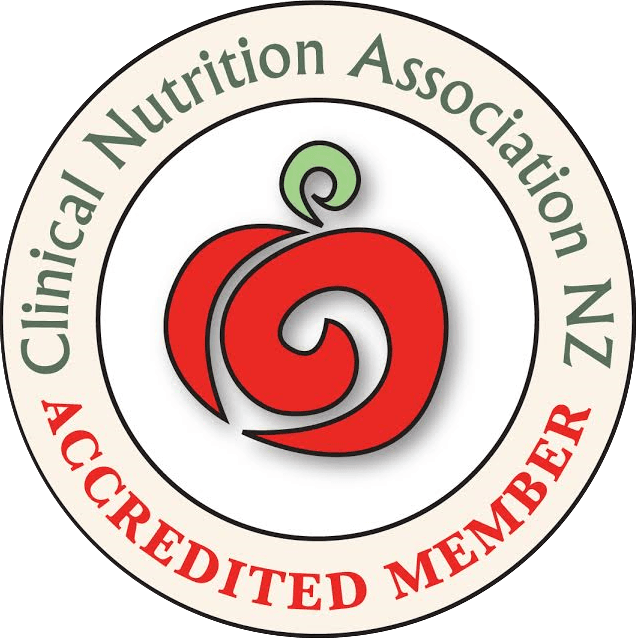Serotonin, we've all heard of it, but do you know what it is? Serotonin is a chemical that helps to send signals in the brain, also known as a neuro (brain) transmitters. It controls a lot of your brain activity on a daily basis and can really influence your behaviour, including your emotions, digestion, body functions and even motor skills! Did you know that most of the serotonin is found in the gut, although the receptors are found throughout the brain? It influences not only digestion as mentioned, but also appetite, metabolism, mood and memory. I think it's pretty important that we have enough - don't you?
I find many of my clients suffer from depression and anxiety, and therefore during a consultation will thoroughly ask them about their stress levels, diet, lifestyle and gut health, because I know that increasing your serotonin levels can work as a natural remedy for depression and help increase overall mood - doesn't that sound better than an antidepressant drug that comes with a list of side effects?
Tryptophan, an essential amino acid, is used to make serotonin. It actually helps to convert to serotonin in the brain and helps make other amino acids to help control mood and reduce the production of stress hormones. I will discuss foods high in tryptophan a bit further down.
Serotonin has an amazing ability to alter brain functions, that in turn impact our mood and sleep. Serotonin is still being studied for it's effects on depression, but from what I've read studies have proved that certain brain receptors involved in depression can respond to antidepressant treatment. In fact, it's been suggested that impairing serotonin function can cause clinical depression.
So, what are the symptoms of low serotonin you ask? Well, obviously depression, mood disorders, anxiety, panic attacks, irritability, difficulty sleeping, poor memory, digestive issues, headaches and chronic pain. As it is mainly produced in the gut, the causes of low serotonin include: gut permeability, bacterial or yeast overgrowths in the GI tract, inflammatory conditions in the gut, chronic stress, long-term medication use and even toxic substance exposure such as heavy metals or pesticides.
Ok, so what do you do about it? Well, sadly today many people get put on anti-depressants that have many side effects. There are plenty of natural remedies you can do to begin to work on your gut health and increase your serotonin levels. First, increase your anti-inflammatory foods that will improve your gut health such as: oily fish (salmon, tuna, sardines), turmeric, blueberries, dark leafy greens, garlic, onion and nuts. It's also good to incorporate probiotic foods such as probiotic yogurt, kombucha, kefir, sauerkraut and apple cider vinegar to improve the good bacteria. Second, increase foods higher in tryptophan such as: turkey, chicken, lamb, tamari, mustard greens, spinach, cherries, pumpkin seeds and bananas. Remember, tryptophan is used to make serotonin. Magnesium and Vitamin B6 also help convert trytophan to serotonin: dark leafy greens, pumpkin seeds, sesame seeds, brazil nuts, almonds, cashews, bananas, avocado, figs and dark chocolate. Third, begin to reduce processed, packaged, fatty, greasy and sugary foods that the body doesn't recognise and therefore has problems breaking down. If food isn't broken down it causes inflammation in the gut and doesn't create the right environment for serotonin production. Fourth, I would suggest get moving! Exercise has many beneficial effects on the brain function as it modulates neurotransmitter dopamine, serotonin and noradrenaline. Lastly, get some sunshine daily! Research has shown there to be a direct correlation between sunlight and the production of serotonin. Expose as much skin as possible daily for about 15 minutes to trigger the brain to release the chemical.
Serotonin is a beautiful thing. Nurture your gut to nurture and brain and therefore impact your daily mood without any medications.


